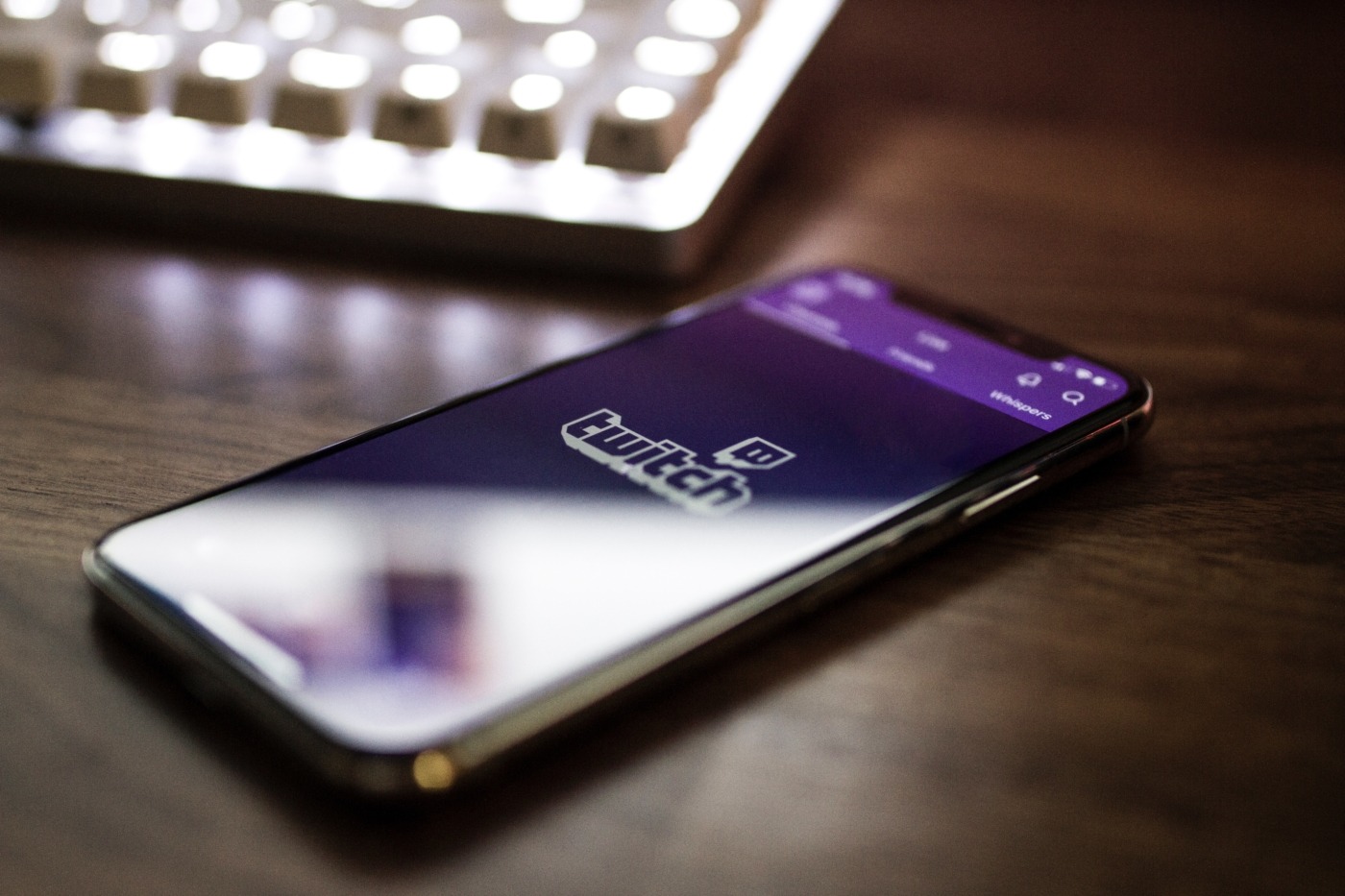Streams And Sexual Exploitation: The Dangerous Power of Gaming Personalities
Matthew “Caffcast” Meredith and Yogscast CEO Mark “Turps” Turpin have both been fired for inappropriate actions towards fans, with another creator Paul “Sjin” Sykes under investigation for a similar issue. These individuals allegedly used their positions and their fame to sexually exploit female fans. Unfortunately, this is not an isolated incident in the online world of gaming personalities.
In recent times we have seen the arrest of notable World of Warcraft streamer Thomas Cheungand, and further allegations made against Youtube and D&D star Jared “ProJared” Knabenbauer. Whilst crime and scope vary in each case, is a trend emerging in online entertainment?
Evidence suggests there is not an issue with gaming personalities specifically. Interviews with law enforcement officials by Kotaku state that: ‘There is no evidence that predation is more widespread among the gaming community than it is anywhere else”. Rather than the online gaming community, the Kotaku article points to social media like Snapchat, and the accessibility of sites that provide homes for fan groups, such as Discord. These services can allow easy, direct communication between a predator and their victims.
However there is also the unique nature of streamers and YouTube stars over other celebrities. Traditionally, mainstream TV, music or film celebrities have a detached relationship with their fans due to their medium being ‘one-way’. We view them on the screen or listen to their music, but they often have no interaction with us. While social media is eroding this traditional view of celebrities, it is still holds fairly true for world famous stars. For streamers, and to an extent YouTubers, their medium is more two-way.
With the way that streaming culture has been created and developed, there is an inherent expectation for viewer engagement. The streamer-audience interaction is nigh on inescapable with the way that Twitch is built, with the chat box taking up a major portion of the screen. Furthermore, if you want to make money as a professional streamer, you rely on subscribers and donations.This leads to streamers encouraging fans by answering questions live on air or performing in-game actions when requested by donors. YouTubers engage with their fans through Discord servers, Reddit pages and YouTube comments to gauge reaction and ensure they keep them watching. A symbiotic relationship develops where fans rely on a creator for content and a sense of community; while stars need fans to fund their lifestyle.
These symbiotic relationships can do a lot of good. In 2017, Twitch estimated that over $75 million had been raised for charity since the site’s launch. The Yogscast, a British organisation that employs a variety of YouTube and streaming personalities, raised $14.9 million for charity with their annual Jingle Jam streams. These drives would not be possible without streaming but in Yogscast’s case, the relationship can turn sour too.
As people interact with others more, the more trust they develop. It leads to fans believing they know the personality, their character, morals, ethics, and mental state. In actuality that star could be a very different person off camera.
Victims are psychologically lured into trusting personalities and are then exploited. What can make the situation worse for victims is when communities turn against them when they speak out. Others have built up an equal level of trust with their favourite creators and have been known to almost religiously defend stars and harass accusers. Nevertheless, this is not the case for every community. Most notably with the accusations surrounding ProJared, his community very quickly turned their support to the victims that came forward.
So the question remains, how is this issue to be solved? In part, this is a societal problem where long cultural change on the topics of gender-power dynamics, sex and sexual assault needs to happen. Furthermore, we need to remain aware of this issue in the gaming community specifically. Only when we are aware of these practices can we identify them. As viewers of gaming videos and streams we need to stop placing internet gaming personalities on pedestals and trusting them implicitly. This is not to blame the audience for the despicable actions, but rather that we need to remember that streamers are still strangers. Most importantly we need to look out for each other. Online communities have been amazing forces for good, let us show they still can.
If you feel affected by this article or want to talk to someone, The Survivor’s Trust offers a list of helplines that can provide support.

Comments